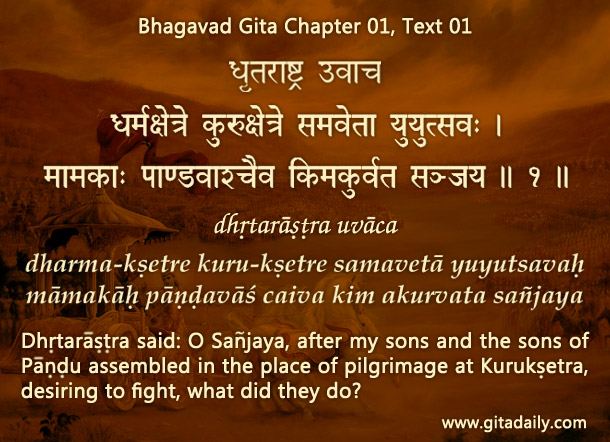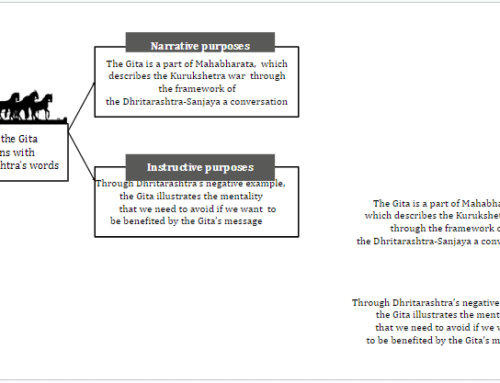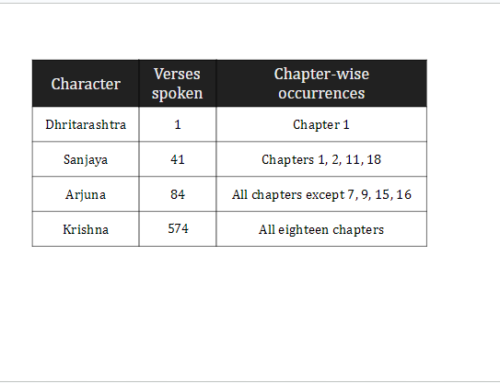Attachment is the inability to say no whatever the cost
No matter how challenging a situation may seem, there’s always good to be found. Discover how cultivating a positive mindset and spiritual perspectiveSuppose we are buying something. Usually, we would compare its cost with its value: is what I have to pay commensurate with what I will get from it? If the cost is far more than the value, then we will negotiate to get a more reasonable price or may refuse to buy. However, when we are attached to something, we buy it, whatever the cost.
What applies to negotiating for commodities also applies to negotiating with people. If someone wants us to do something, we usually consider the cost of their desire: what all we will have to do, in terms of time, money and effort. And we compare that cost with the value: how important that person is for us.
However, when we are attached to someone, we don’t consider the cost – we have to please them, or at the very least, we can’t see them displeased. An oft-overlooked cost in relationships is the moral cost: how much our moral principles will be compromised to do their bidding. If we are attached to them, we may end up doing horrifying things for their sake.
Such inability to say no, whatever the cost, caused the huge fratricidal war before which the Bhagavad-gita was spoken. Dhritarashtra, the acting king of the Kuru dynasty, was so attached to his wicked son, Duryodhana, that he couldn’t say no to Duryodhana, even when Duryodhana attempted to defraud, dishonor and destroy his cousins, the Pandavas. In the Gita’s first verse (01.01), Dhritarashtra’s attachment comes out in his referring to his sons as his own people, thereby treating his nephews as his enemies.
The Gita’s setting graphically demonstrates how the inability to say no can have catastrophic consequences. And the Gita’s substance – its message of spiritual strength – empowers us to say no when necessary.
Think it over:
- How does attachment disturb the balance between cost and value?
- When we are attached to someone, what cost do we often overlook?
- What do the Gita’s setting and substance tell us about attachments?
To know more about this verse, please click on the image
Explanation of article:
https://www.youtube.com/watch?v=PpOUkSAOCi0&feature=youtu.be
Podcast:




S beautiful starting point…attachment and understanding it…examining it.